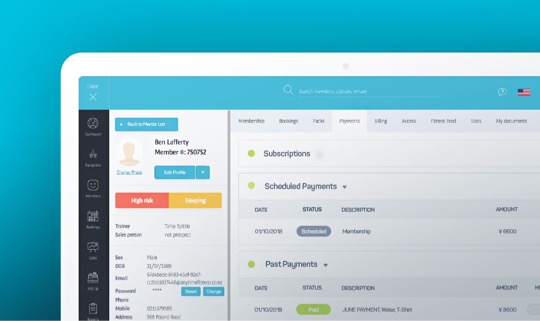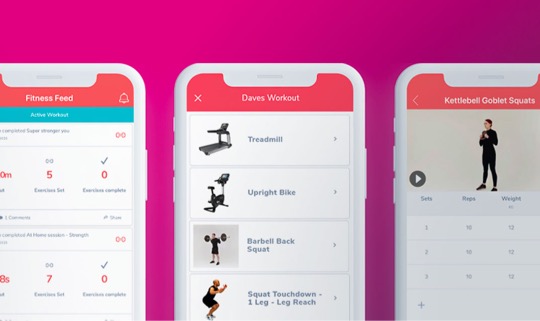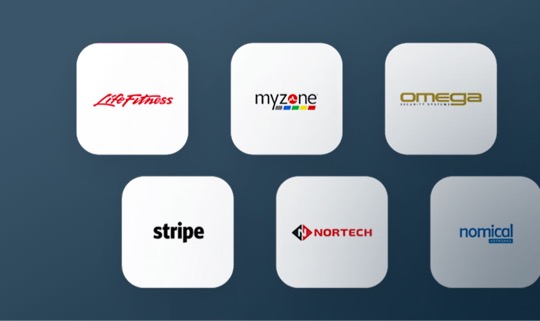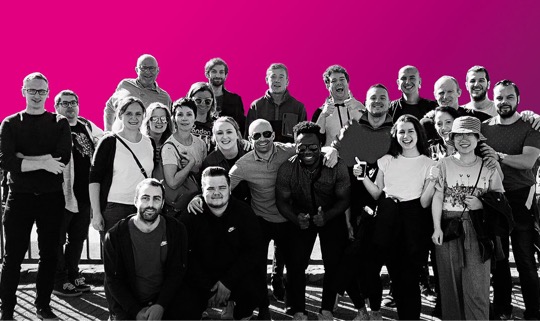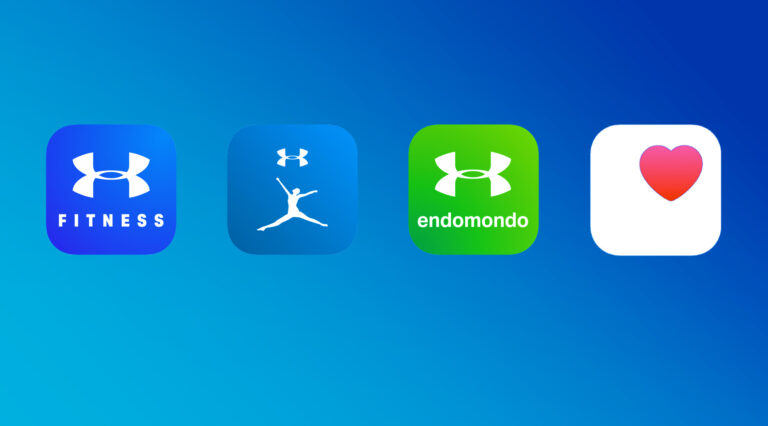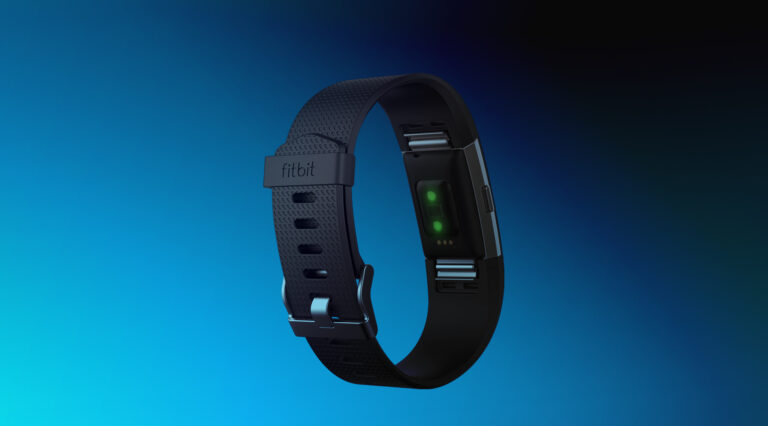If you haven’t got a Fitbit, then you’ve probably heard about them. So, do they mean the end for your fitness empire? And can personal trainer software help your business to survive?
The rise of the Fitbit
Fitbit was founded in 2007 and launched its tracker at the end of 2009, shipping around 5,000 units with an additional 20,000 orders on the books! Since 2009, newer versions of the Fitbit have been released as the wearable market has become more competitive.
Perhaps not now, but when first launched, Fitbit was somewhat of a revelation; the fact that you can track your activity levels and calories burnt, with the intention to raise awareness of health and fitness levels. It was the first wireless fitness tracker to use Bluetooth 4.0; tracking steps, distance, floors climbed, calories burned and sleep patterns, and synced to iOS and Android phones as well as the Fitbit website.
However, newer versions of the Fitbit haven’t been entirely successful. There have been issues with the band irritating customers’ skin due to nickel in the product, uproar with the device sharing too much information with the world due to its default settings, and questions regarding the accuracy of its heart rate data. Since 2014, Fitbit has sold over 30 million trackers in total, and its market share and sales look healthy. However, there are other wearables in the race now too, such as Android wear and the Apple Watch.
There are differing opinions out there, but we think Fitbits have undoubtedly played a part in bettering many people’s health and fitness levels. The uncertainty is around how much a Fitbit can actually help. Raising awareness levels is one thing, but doing something about it is the tough part!
The benefits of a personal trainer
It’s true, a Fitbit can’t make you get out of bed in the morning and go for that run, or assist you through that one weights session you hate doing. There are many other contributing factors that influence a change in someone’s health and fitness habits.
To make those habits a more permanent change requires far more than a Fitbit tracker on your wrist. As a personal trainer, this is where you are invaluable. You can provide tailored training and nutritional advice, programming, motivation and support. And this doesn’t have to be a 1-1 session in person; you could offer small group sessions to make it more cost effective for your clients and more time efficient for you. Offer online PT support, or perhaps an 8-week intensive boot camp.
We all have different barriers to exercise – be it money, time, knowledge to name but a few. But the greatest barrier to exercise is our brain, our psychology, and the close connection between that and actually carrying out the activity.
The majority of us have a natural instinct of not wanting to let others down, and it is our human nature to want to impress others in order to feel self-satisfaction. People are far more likely to adhere to exercise if they have a personal trainer to answer to. This is why it’s so important to have a great rapport with your clients. Give your clients the interpersonal relationship that is impossible to have with a fitness tracker alone!
Today, we wake up stressed and life passes by at 100mph, to a point where it seems we don’t even have time to talk to one another nicely. You can give your client that endorphin release, provide a listening ear, help put a smile on their face as they achieve their goals and help them set their future aspirations.
How personal trainer software can help
Nevertheless, its more difficult than ever right now to become and remain a really successful trainer. There is so much free information online, as well as thousands of fitness apps, fitness trackers (such as the Fitbit), not to mention all of the other personal trainers out there.
All this competition means that you need to set yourself apart from the rest. Clients want results, so do the best you can to guarantee that they can achieve them with you.
As a successful personal trainer, one of the hardest aspects of business is time management. Keeping up good levels of communication with your clients, marketing, creating personalised training plans, monitoring your clients’ progress, ensuring you don’t double book or miss an appointment, managing your figures and statistics… it all takes plenty of time and organisational skill. And all these factors will affect your reputation and success as a trainer.
Personal trainer software could therefore be your most important investment when establishing a fitness business. The right software can act as your marketing team, sending out personalised emails en-mass, scheduling appointments and even running sales reports. This is invaluable in terms of time saved and reputation built. Use personal trainer software to monitor your clients’ progress towards their goals, and ultimately your progress towards your business goals.
